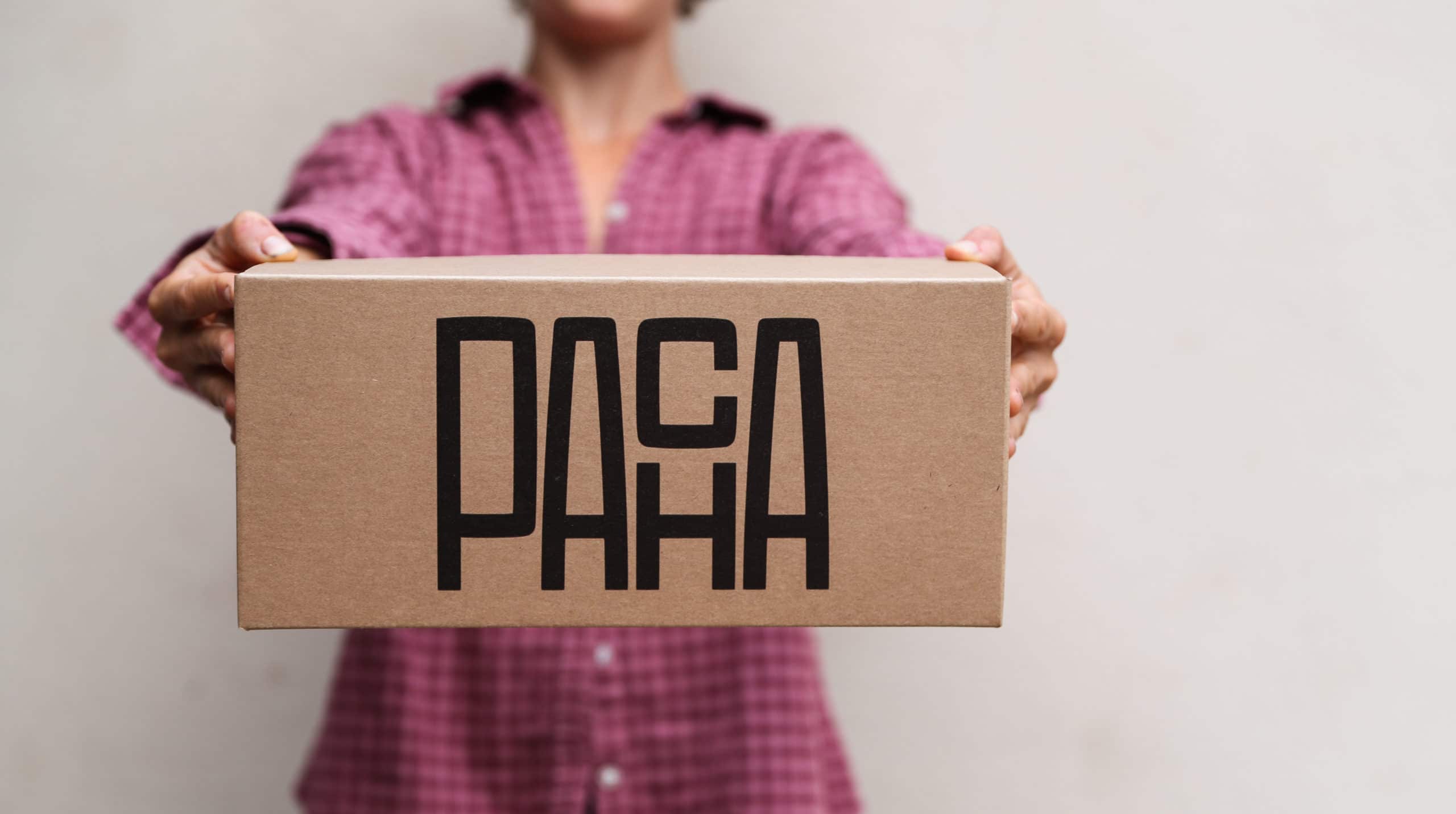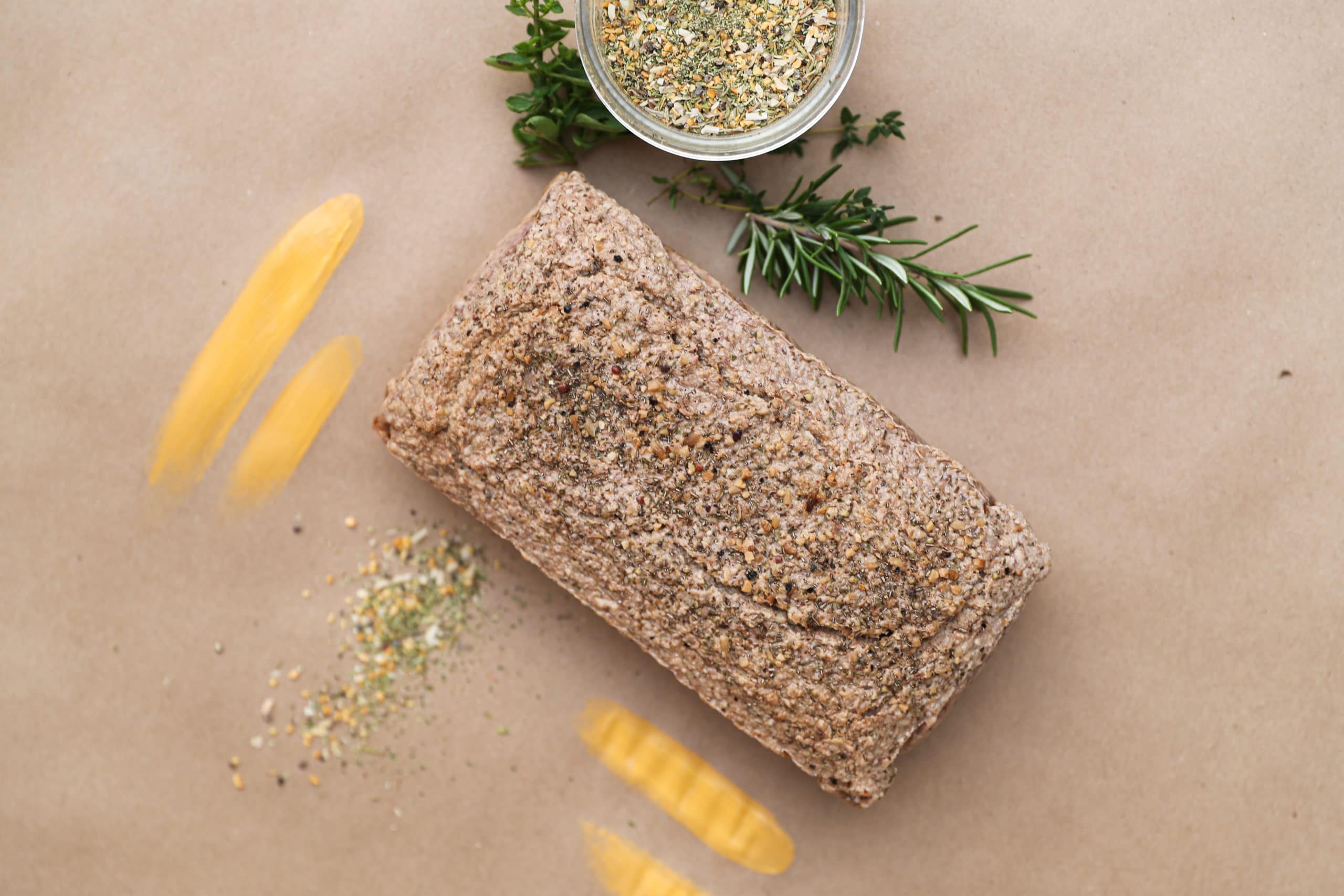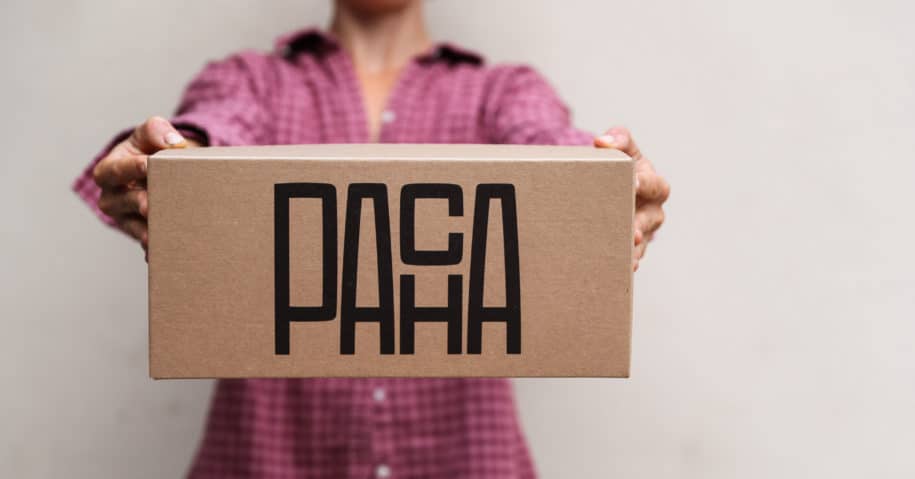Pacha and Impactree Advocate for the Power of Regenerative Agriculture

Bread is one of the simplest, yet longest lasting and most consumed foods humans have. Historians believe that we have been baking bread for over 30,000 years, frying basic grain gruel on hot stones, creating simple flatbreads. Because of its carbohydrates, portability, and simplicity, bread has been found in all cultures, being one of the few truly universal foods. Whether it’s naan, baguettes, tortillas, pita or mantau, bread has been an integral part of diets the world over for thousands of years.
Like most things in the post-industrial world, bread has changed quite a lot in the last century. Factory sliced bread was introduced in the early 20th century and quickly became the dominant form of bread in the United States. However, as prepackaged bread began to flood supermarkets across the country, bread companies found the need to elongate shelf life and standardize production. To achieve this – while keeping production costs low – many companies started using genetically modified grains and preservatives, lowering the quality and increasing the negative environmental impact of their products.
While the world of commercial bread has embraced food additives and cheaper production practices, the last few decades have led many Americans to seek out artisan, organic, and locally sourced breads. To serve this growing demand, many bakeries have opened across the country with the intent of creating the highest quality breads possible, acting as a foil to airy, store-bought white bread. One such brand is San Diego-based bakery Pacha, who is baking gluten-free, grain-free, paleo, and plant-based bread, made with only the finest organic and eco-friendly ingredients.
Pacha puts the quality of their products above all else, ensuring customers delicious and organic bread, crafted with thoughtful ingredients that nourish the body. However, their commitment to ingredients goes all the way to the soil. Pacha gives back to the earth through soil-building regenerative agricultural practices, avoiding harmful pesticides and embracing biodiversity and sustainability. Healthy food and a clean environment go hand in hand, and Pacha is doing their part by only using non-GMO, organic, and responsibly-sourced ingredients in their breads. They intend one day to seek “regenerative organic” certification through the Regenerative Organic Alliance, which requires companies to source only from farms committed to soil-building, nutrient-enriching, carbon-sequestering regenerative farming practices.
But why is regenerative agriculture so important, and how could it positively impact the environment?
The Power of Regenerative Agriculture
In the United States and around the world, industrialized farming practices and government subsidies have driven farmers to lean into producing high-yield crops requiring chemical fertilizers, herbicides, pesticides, and soil-disturbing machinery to ensure their livelihoods. Under the current system, “Agriculture” comprises 25% of annual greenhouse gas emissions around the world. These practices not only encourage conversion of wild lands and forests which are natural carbon banks, but also allow topsoil – another major carbon sink – to escape from the land.
The process of photosynthesis captures carbon dioxide from the atmosphere and stores it in the ground, feeding microbes and fungi which then nourish the plants above. This carbon can be stored in soil for thousands of years, pulling it from air for generations. However, industrialized agriculture practices – like drilling, tilling and plowing – release this carbon back into the atmosphere, negating the benefits of plants and exacerbating the build up of greenhouse gases.
Because of its focus on building and maintaining deep, healthy soil, regenerative agriculture has the potential to be an extremely powerful tool in the fight against the current climate crisis. Implementing an array of interdependent, regenerative agricultural practices, our agricultural land has the potential to capture and store a large portion of mankind’s annual carbon emissions through building topsoil.
Pacha aims to support regenerative agriculture through its branding and messaging, by creating a market for ingredients grown in a regenerative manner, and by giving their customers an easy and delicious way to support our planet.
To help spread knowledge about the power of regenerative agriculture from the farm to the dinner table, Pacha has teamed up with Impactree to build a customized Action Hub to champion this cleaner, more natural approach to farming.
Giving Everyone The Tools To Address Climate Change

Although regenerative agriculture is an essential component of addressing climate change, universal solutions must work with and for everyone around the planet. To achieve this, equality for all marginalized people must be created, so we can all work in tandem toward turning the tides of climate change.
“To address our climate emergency… we need every solution and every solver. As the saying goes, to change everything, we need everyone. What this moment calls for is a mosaic of voices—the full spectrum of ideas and insights for how we can turn things around.”
With Black History Month, Women’s History Month, and Earth Month all back to back, Pacha is using the adaptable tools of Impactree to curate their Action Hub to reflect each month, giving their customers and employees tools to help marginalized people have a greater impact on solving climate change. By mending the centuries of oppression and discrimination, we can all have a hand in finding sustainable climate solutions which benefit everyone.
Bread has been a part of humans’ diets for tens of thousands of years. However, more importantly, bread is a universal food which transcends culture, time and place. This is reflected in how we culturally view bread as a symbol of unity and compassion; the idiom of breaking bread dating back millennia to biblical times. This notion is reflected in Pacha’s products and beliefs, bringing bread to its most natural form and using it to advocate for peace and a better planet.
To address climate change is to address all of society’s numerous inequalities, and it will take companies to lead the charge. This is why we at Impactree are so thrilled to be working with Pacha, who display a strong desire to help people and the planet in tandem.

